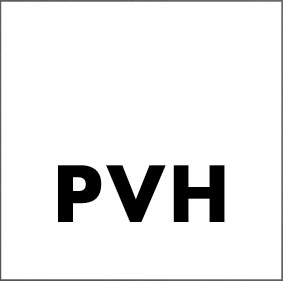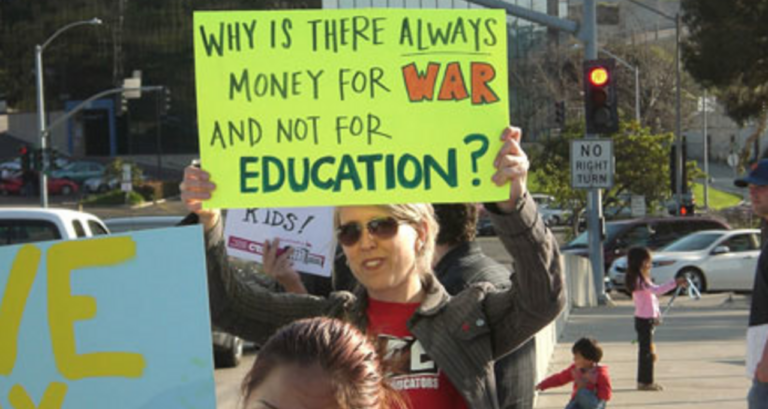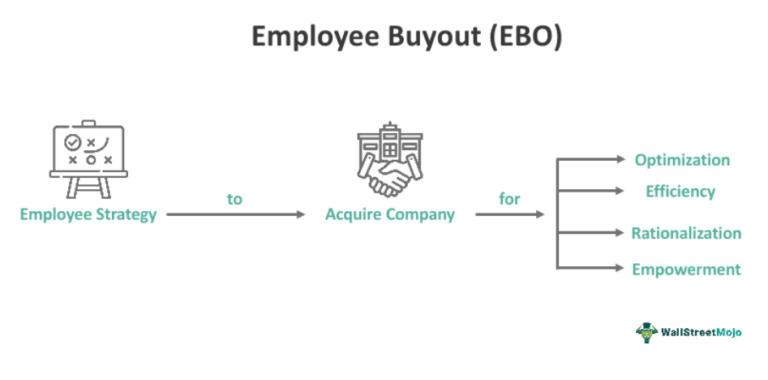
Title: What Happens When Fashion Meets Politics: The Case of PVH Corporation
Imagine waking up one morning and finding out that your favorite clothing brand, Calvin Klein or Tommy Hilfiger, is facing a huge problem. What if I told you that this problem isn’t just about fashion or style but involves politics and international trade? Welcome to the complicated world of PVH Corp., the parent company of these well-known brands, and the tangled web of U.S.-China relations.
Understanding PVH Corporation
First, let’s get to know PVH Corp. better. Founded back in 1881, it has grown into one of the world’s largest apparel companies, selling everything from casual wear to fancy suits. PVH owns several popular brands, including Calvin Klein, Tommy Hilfiger, Van Heusen, and more. With such a rich history, you might think they would be immune to problems, right? Well, not quite.
The Unreliable Entities List
Recently, PVH was unexpectedly added to China’s “unreliable entities” list. Now, what does that mean? Essentially, it means that the Chinese government considers PVH to be a company that doesn’t follow their rules or aligns with their policies. This list is like a report card, but instead of getting graded on math or science, companies get judged based on how well they behave in China.
Being on this list is a pretty serious situation for any company. It means that the government can impose fines, restrict imports and exports, or even revoke work permits for their staff. Think about it: this could lead to big changes, like shutting down stores or losing access to manufacturing operations in a country that is crucial for their business.
The Heart of the Issue: Cotton from Xinjiang
So, why did this happen to PVH? It all comes down to the company’s decision regarding cotton sourcing. PVH has allegedly refused to source cotton from Xinjiang—a region in China known for its problematic human rights record. Reports have surfaced about forced labor in Xinjiang, particularly involving the Uighur Muslim population. This concern over human rights has made many companies, including PVH, rethink their sourcing strategies.
As a result, PVH stopped buying cotton from Xinjiang, standing firm on their moral stance. But while it might feel good to take a stand for human rights, the consequences of that choice are significant. By refusing to source cotton from Xinjiang, PVH has triggered a strong reaction from China, which sees this as an attack on its practices.
The Bigger Picture: U.S.-China Trade Tensions
It’s important to understand that the PVH situation is part of a bigger picture—the ongoing trade tensions between the U.S. and China. These tensions have been brewing for years, similar to a pot of water slowly coming to a boil. The U.S. has imposed tariffs—basically, extra taxes—on many Chinese goods, while China has retaliated in various ways, including placing companies on that unreliable entities list.
Industry experts believe that this PVH situation is a tactic by China to push back against U.S. companies and demonstrate its power. The goal? To show that they can hurt American brands if they don’t comply with their policies. It’s like a game of chess where each side must think several moves ahead.
Implications for PVH
For PVH, the implications of being placed on the unreliable entities list could be severe. The company relies heavily on China for manufacturing. Many of their clothes are produced there, thanks to lower labor costs and advanced manufacturing processes. If the Chinese government takes actions like limiting imports or exports, PVH could struggle to maintain quality production and meet demand.
Imagine if you had a favorite shirt that was always available, but suddenly the store decided they couldn’t get it from their main supplier anymore. You’d be disappointed, right? That’s essentially what could happen to the customers of PVH brands. They could start to see empty shelves or fewer options in stores.
What About Other U.S. Businesses?
This situation raises an interesting question: could other U.S. companies face similar consequences? The answer is yes. Many American brands are heavily invested in China, whether for manufacturing, sales, or other operations. They could be next on the list if they find themselves at odds with the Chinese government.
Additionally, this situation could create a sense of fear among other companies trying to navigate this complex political landscape. While ethical considerations like human rights are important, businesses also have to think about their bottom line. If a company is punished for taking a moral stance, it makes them think twice about how they operate in the future.
The Human Element
Let’s take a step back and think about the people affected by all of this, not just the executives in boardrooms. Think about the workers in China who might lose their jobs if PVH has to shut down production. Or consider the consumers worldwide who love these brands and may have trouble finding the clothes they want.
It’s essential to realize that behind every brand name, every factory, and every decision, there are real people involved, each with their own stories and dreams. This situation illustrates how politics can have a direct impact on everyday life; it’s not just abstract policies but actual lives being affected.
What Does the Future Hold?
As of now, it’s hard to predict what will happen next. Will PVH be able to negotiate its way out of this predicament? Can they find alternative sources for cotton that align with their ethical stance without facing backlash from China? The answers remain unclear.
One thing is sure: the dynamic between the U.S. and China will continue to evolve, and companies like PVH will remain in the spotlight. They will have to find a way to balance business strategies with ethical considerations, global politics, and the demand from their customers.
Final Thoughts
As we navigate through these complex issues, it’s vital to stay informed and understand how international relations affect the brands we love. The case of PVH serves as a reminder that our choices as consumers can have far-reaching consequences.
What do you think? Should companies take a stand on human rights issues, even if it risks their business operations? Or do you think they should prioritize keeping their operations running smoothly? I’d love to hear your thoughts in the comments below!





